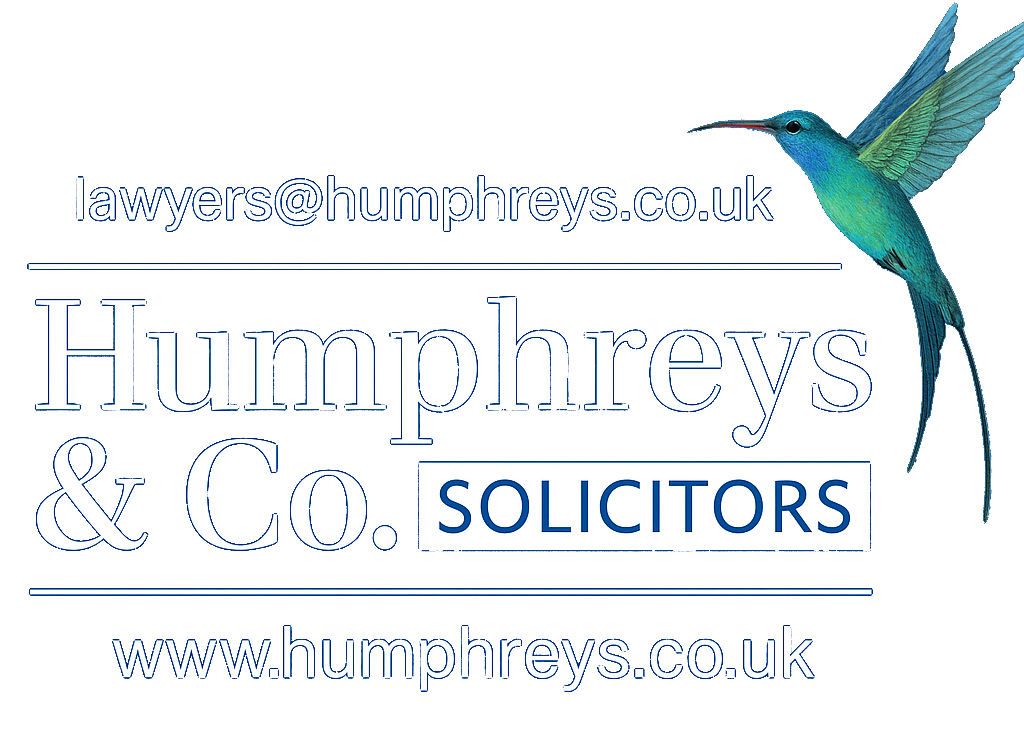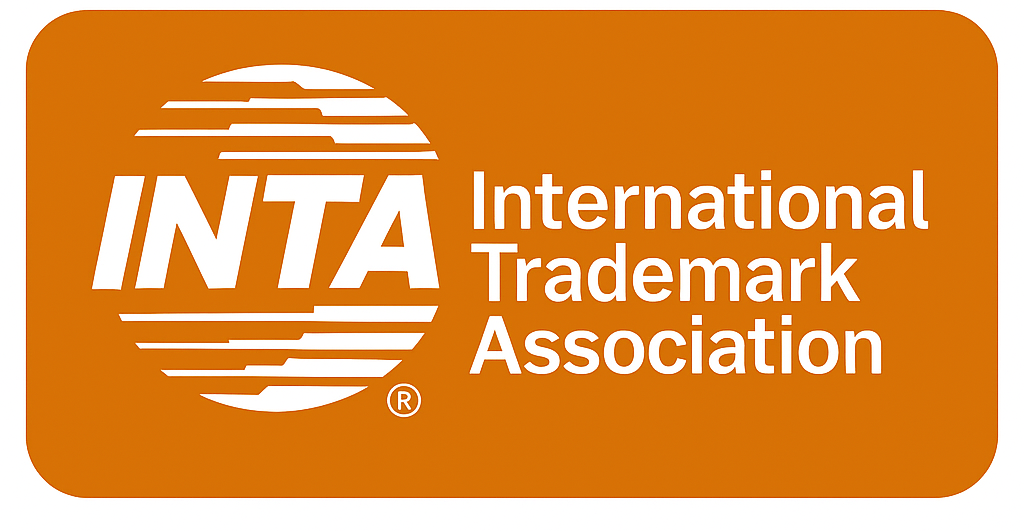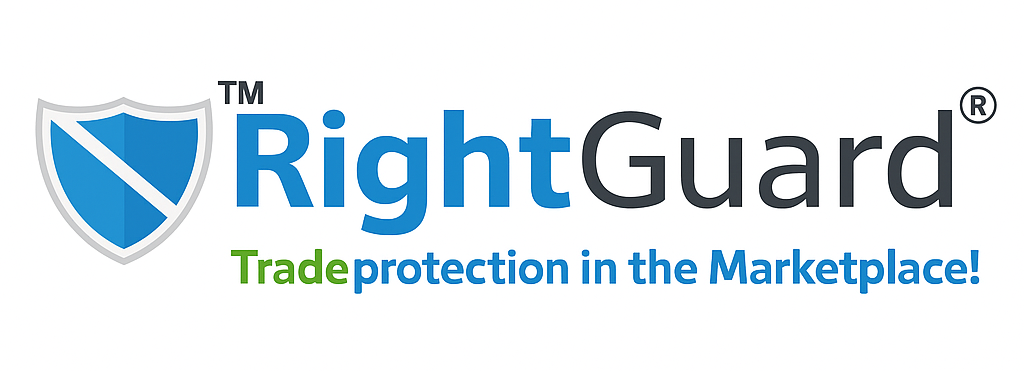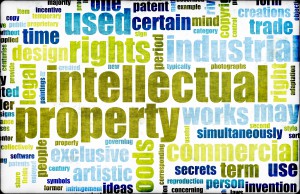Managing intellectual property
SEE NO-DEAL BREXIT: INTELLECTUAL PROPERTY IMPLICATIONS
Intellectual property (IP) means any patent, trademark, copyright, design right, registered design, technical or commercial information or other intellectual property (Supreme Court Act 1981, s. 72(5)).
IPRs are the legal rights that exist in products of human creativity: inventions, designs, literary and artistic works, databases and brands.
Intellectual property rights (IPRs) arise either automatically or on registration.
Examples of automatic rights are copyright, design right and database right.
Rights that need to be registered include patents, registered trademarks and registered designs.
IPRs are negative although often expressed as exclusive rights. They entitle the owner to prevent others using or misusing the subject of the right.
Solicitors here represent all kinds of UK & international companies, businesspeople and professional correspondents who need expertise in trademarks, patents, designs, copyright, know-how, competition and trade secrets.
Registration, maintenance, transfer, licensing, litigation: these are all aspects of managing intellectual property in which solicitors here can supply the experience, knowledge and clarity which clients require.
Intellectual property rights
- infringement
- registration
- licensing
- acquisition/sale
What can you do with IPR?
- Apply for them (if they are registrable).
- License them out, to exploit their income stream.
- Buy & sell them.
- Litigate about them.
Comprehensive legal support in all aspects of IP & technology law
Trademarks: Brand strength can be crucial to success in the marketplace: registrations, oppositions and renewals; devising and policing protection programmes; transfers of title; infringement and passing-off procedures; revocation actions and challenges to validity; as well as negotiating and documenting licence and franchise arrangements.
Inventions and know-how: Inventions are typically an apparatus, a product or a manufacturing process. Often they can be monopolised by means of patents, but by no means always.
Copyrights & designs: These rights relate to form and appearance rather than to technical principles of construction. We can apply for those that are registrable and advise on unregistrable rights which arise automatically.
Confidence & trade secrets: Duties of non-disclosure compete with the public interest in commercial freedom.
|







